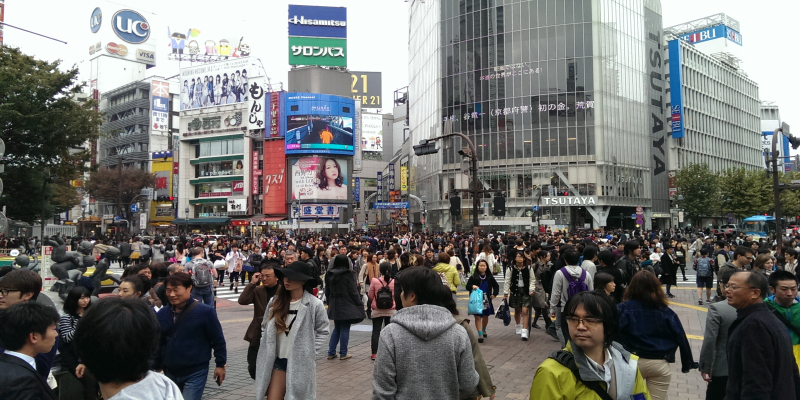Ahead of Japan’s upper house elections, the government has set up a cross-agency body to manage concerns over foreigners, including crime, tourism, and property ownership, amid rising public unease.
15th July 2025 08:12 PM ![]()

The Japanese government has launched a new administrative body tasked with coordinating national responses to growing public concerns over the rising number of foreign nationals in the country.
Announced on Tuesday, the body will serve as a “control tower” to oversee and manage cross-agency efforts on issues such as crime prevention, over-tourism, and the misuse of administrative systems—especially involving non-Japanese residents.
The move comes just days before Japan's upper house elections on July 20, where immigration and national identity have become key issues. Prime Minister Shigeru Ishiba’s Liberal Democratic Party (LDP) faces mounting political pressure, particularly from the rising Sanseito party, which has championed a “Japanese First” agenda.
While Japan has historically enforced strict immigration laws to preserve its demographic homogeneity, a shrinking, aging population has forced the government to gradually relax these rules to fill labor shortages. The number of foreign residents has now reached a record 3.8 million, making up about 3% of the total population.
At the launch event, Prime Minister Ishiba stated: “Crimes and disorderly conduct by some foreigners, as well as the inappropriate use of various administrative systems, have created a situation in which the public feels uneasy and cheated.”
In June, a group of LDP lawmakers proposed new measures aimed at fostering a “society of orderly and harmonious coexistence” with foreign nationals. These proposals include stricter rules for foreigners applying for Japanese driver’s licenses and tighter regulations on foreign ownership of real estate.
The move appears to be both an administrative strategy and a political maneuver as recent polls show the ruling LDP-Komeito coalition could lose its majority in the upper house—threatened by a public increasingly skeptical of Japan’s evolving immigration stance.